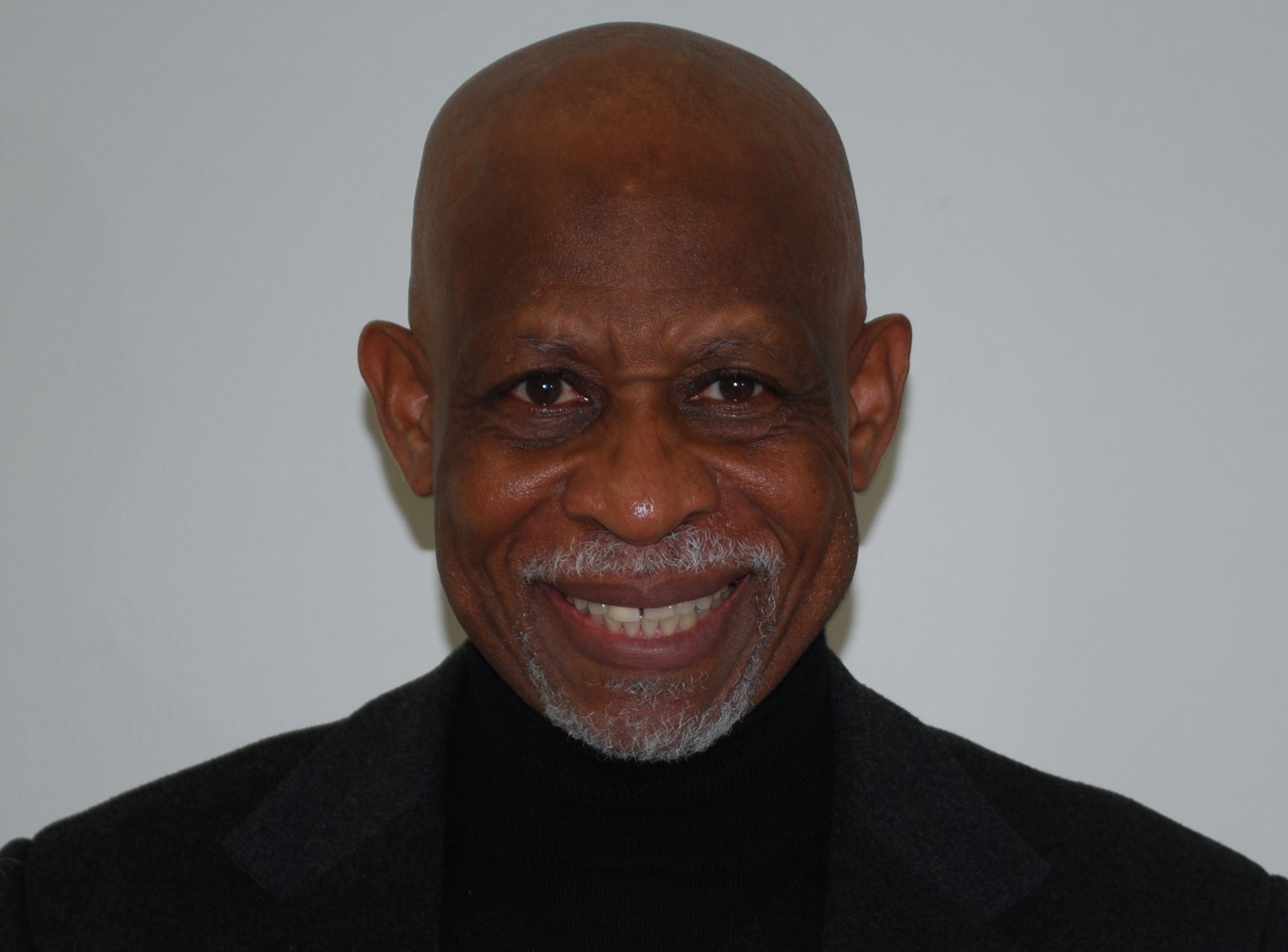From the Pastor’s Heart OP-ED BY DR. ROBERT KENNEDY
This is the beginning of Black History Month, and because it falls in the midst of one of the worse pandemics this world has ever seen, in a life time, I am thinking of its contradictions and of the genre of songs that black folks used to sing called “The Blues.”
Many contemporary youths, even, in the black community do not know of The Blues, so let me describe for such persons and any other of interest. The blues covers a wide range of sounds, but generally it involves music of a certain scale, with certain progression, with certain harmony, with emphasis placed on the dominant seventh, and regularly with lyrics of sadness. The purpose of the blues is to express grief, pain, grief or to make complaint.
What is of interest to me in focusing on The Blues, in this reflection, is that from what is taking place around us, at this time, it seems that the majority of the world is “singing the blues,” or “crying the blues” or “having the blues,” as the expressions go. With more nearly 104M persons in the world who have caught the virus, and nearly 2.3M deaths, and the spreading of multiple variants across the world, even the best of scientists are joining to sing the blues.
As has been seen the virus is not selective. It takes down the caregivers and the patients in all communities. In fact, while inequalities in the Health Care system have created many tragedies in Black and Brown communities, as is being observed, especially, here in the United States, it is seen that the virus is making everybody equal, “at the foot of the cross” or “in the midst of the storm.” Just about every family in every nation on earth, can tell a story of some loved one(s) or known one(s) who have contracted the virus or been killed by it. So, everyone can join the chorus and sing The Blues.
Yes, what a time to be living in the world? What a time to sing The Blues? We are facing grief, hurts, and pain together. We are all looking for a quick and easy fix. And it seems the vaccinations that have been or are being developed are not offering the quick and easy fix. Across the world people are having conversations. They are asking questions. They are praying. There seems to be a new interest in religion or spirituality.
I do not know if you have noticed it, but I have noted as I pray with people that they seem to have more space for religious talk. And some of the proudest persons I know seem to have been humbled by the disease. They are willing to take any recommendations from anywhere, about what to take and not to take. The problem is that for many all they know is the blues. Their fears are driving them instead of their faith.
But let me turn back to Black History Month to state that my reference to the Blues is not just to name one aspect of the rich and diverse musical tradition that focuses on the interpretation of the pain and suffering that have been resident in the African American community since our ancestors were taken across the Atlantic to the Americas. I am recalling the Blues, because sometimes we tend to focus on the musical forms like the Jazz, and the Negro Spirituals and the Gospel songs with their changing forms, and the Rock and the Rap, and forget to think of what came through the Blues that is still part of the reality of our lives.
What I am arguing is that before the pandemic I felt that even in the churches we had been forgetting to reflect on our pain, except at a usual funeral. I have been listening to the choirs and the praise teams, and the little congregational singing that remains, and I have been taking notice that there seems to have been a drift into the celebration of songs of material success. The lyrics of the songs seem to drift away from the depth of thought that considers the problem of pain. Don’t think me sadistic or sadomasochistic, but as we live in the world, I think it needful for us to recognize the reality of the admixture of pain and pleasure.
Such has been the reality of the world since the fall. And such has been the old musical traditions, in the Black Church and other Christian churches. But today it seems that we live in a land where we wish to deny all pain. So let me talk a little more about pain.
I do not know that my reflection on has been a challenge for you, but it is intended for anyone who is living in the storm of the moment to take a breath and reflect on their grief and hurt, not just for ourselves but for all those about us. As we live in this world the problem of one group of humanity is the problem of the other, so we are called to reflect on the blues together.
We are assured that while we are in this life we will often suffer pain, and that we are to make the best of it together (1 Corinthians 12:1). But there is coming a day when it will be the end of suffering and pain and we will be able to rejoice together (Matthew 5:11-13) free from pain.
While we now share our moments of pain, mixed with a little rejoicing, but the beauty that is in our future is beyond description. Then we will not sing only songs of rejoicing (check, Revelation 4; 7; 14, 15; 19), and no more dirges or blues.


